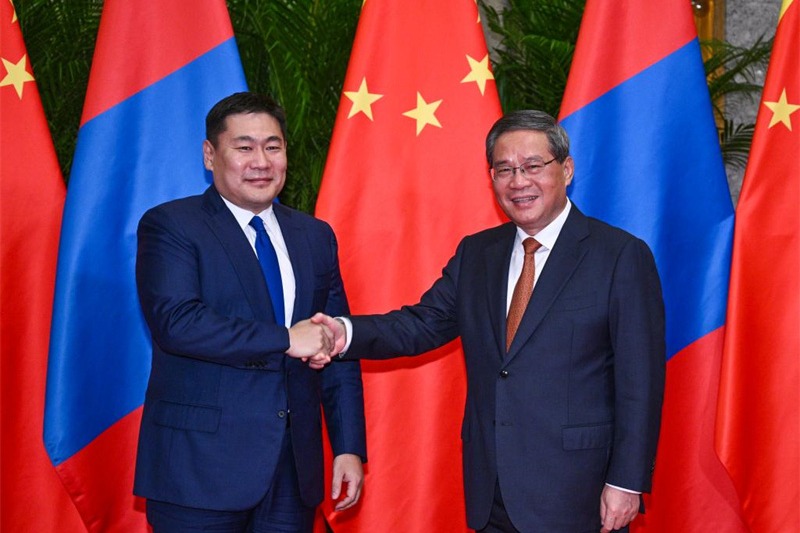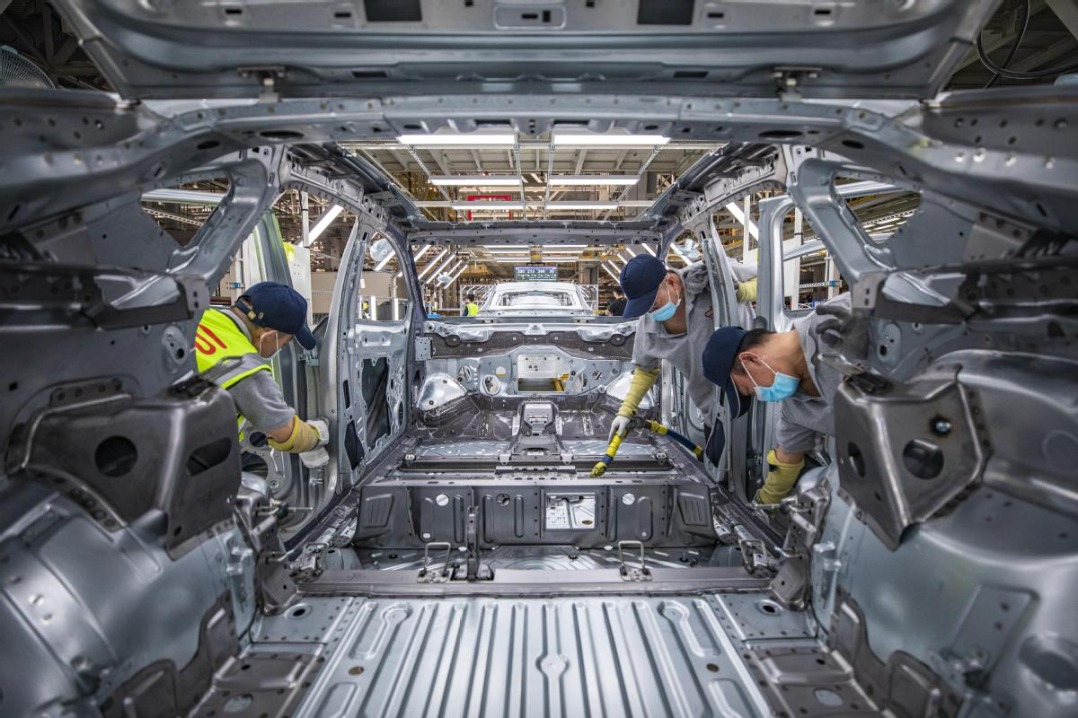Insiders: Partnerships crucial in driving NEV industry forward


Open and collaborative partnerships are the intrinsic forces for developing the global new energy vehicle industry, in order to drive technological advancements and tackle climate change, officials and executives said on Wednesday.
China's NEVs not only provide diversified and cost-effective choices for global consumers, but also help more countries achieve green and low-carbon transformation and sustainable development, they said during the seventh Hongqiao International Economic Forum in Shanghai.
Globalization is the most apparent feature of the automotive industry's evolution. The evidence is clear — it is openness to technology and cooperation across the value chain that have fueled rapid advancements in the sector, said Xiong Jijun, vice-minister of industry and information technology.
China's automotive industry, and particularly its NEV segment, has achieved this impressive growth by persistently driving technological innovation and embracing global division of labor and cooperation, Xiong added.
In 2023, China's pure electric vehicle market share reached an impressive 62 percent globally, and this has continued unabated through the first eight months of this year, data from the China Passenger Car Association showed.
However, some nations are now resorting to trade barriers such as tariff hikes and technical standards to restrict the use of Chinese-made electric vehicles in their markets. This growing protectionism comes at a time when the world is rapidly transitioning toward sustainable mobility.
More than 50 economies have now set clear development goals for NEVs, from the European Union's target of zero emissions by 2035 to the United States' aim of 50 percent NEV sales by 2030.
In the past, Chinese automotive companies were often in a position to follow and catch up with their Western counterparts, said Yin Tongyue, chairman of Chinese carmaker Chery.
But now that China has gained a technological edge, it has a responsibility to empower these global partners and enable them to also achieve healthy development and successful transformation, Yin said.
China's vision is not about dominating the global automotive landscape, but rather about leveraging its capabilities to create a shared, collaborative ecosystem that benefits all stakeholders, he added.
On the other hand, the EU and the US have built up extensive expertise in the recycling and repurposing of used EV components and battery packs, and this experience holds strong relevance and lessons for China, said Sam Wu, Ford's global vice-president.
Going forward, China will deepen international cooperation and welcome more enterprises from other countries to increase their investment and collaboration in the country. Efforts will also be made to help these companies resolve the issues they encounter during their development, Xiong said.
China will strengthen its cooperation with other nations on standards and regulations, and explore policies to facilitate the cross-border flow of data, to promote the harmonization of standards and rules, Xiong added.




































